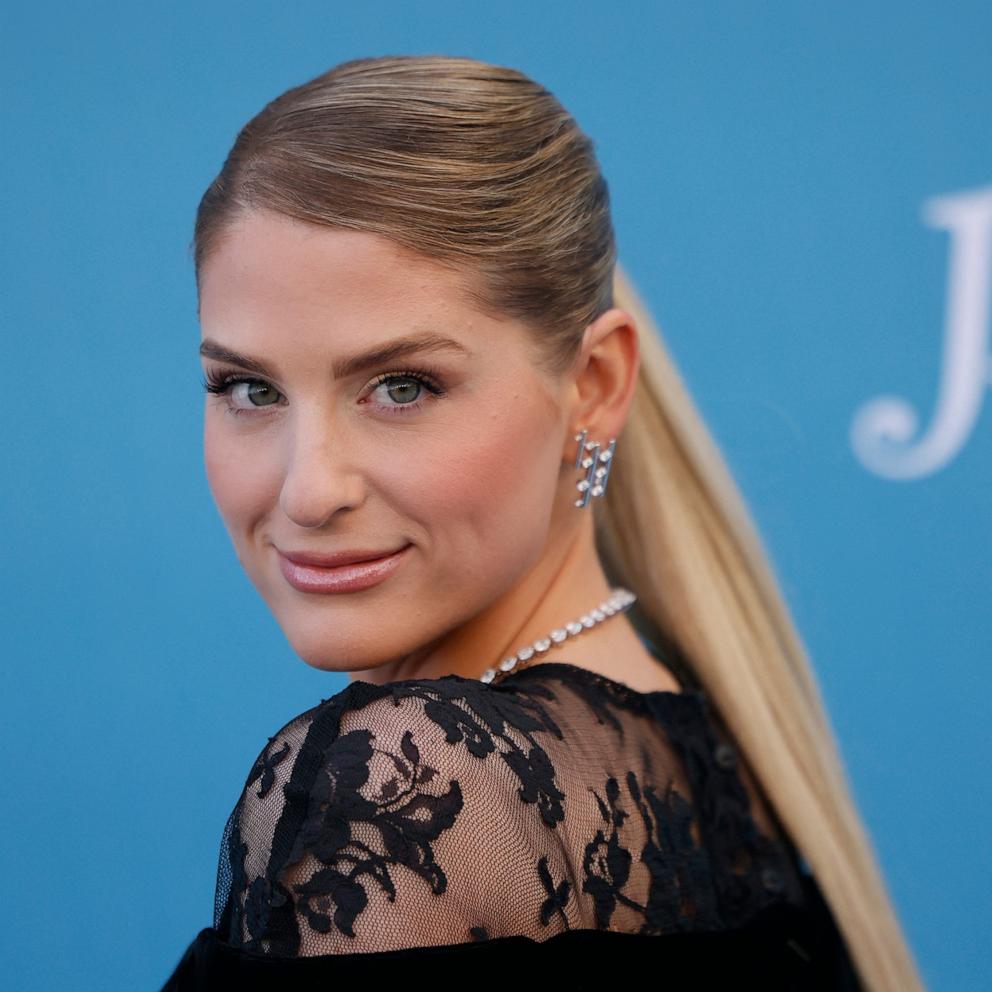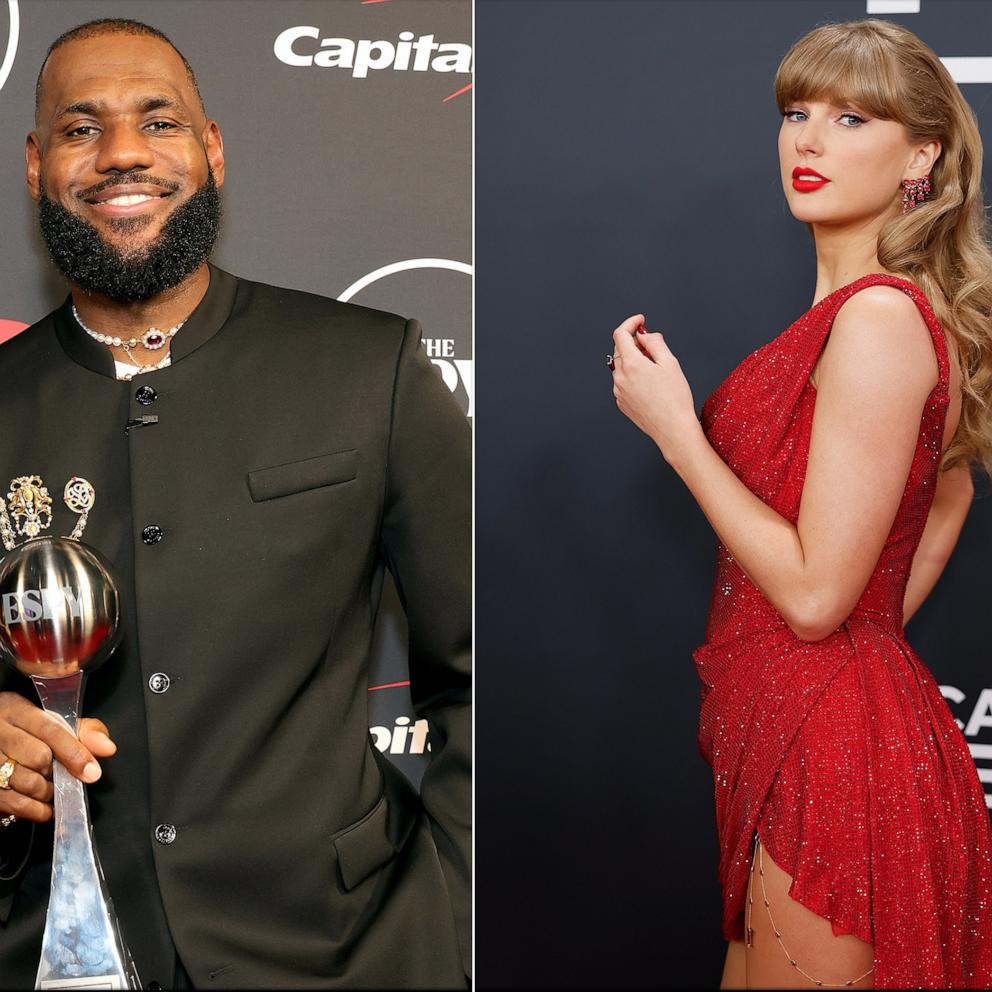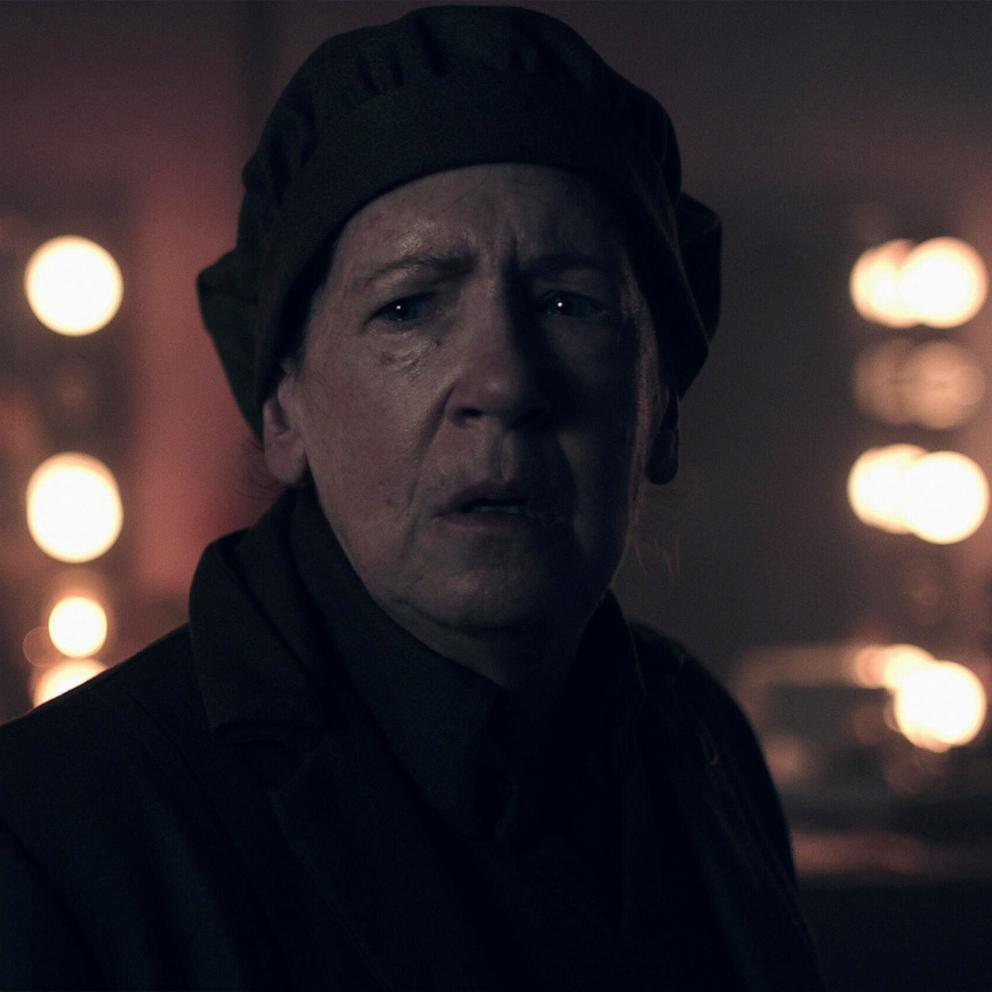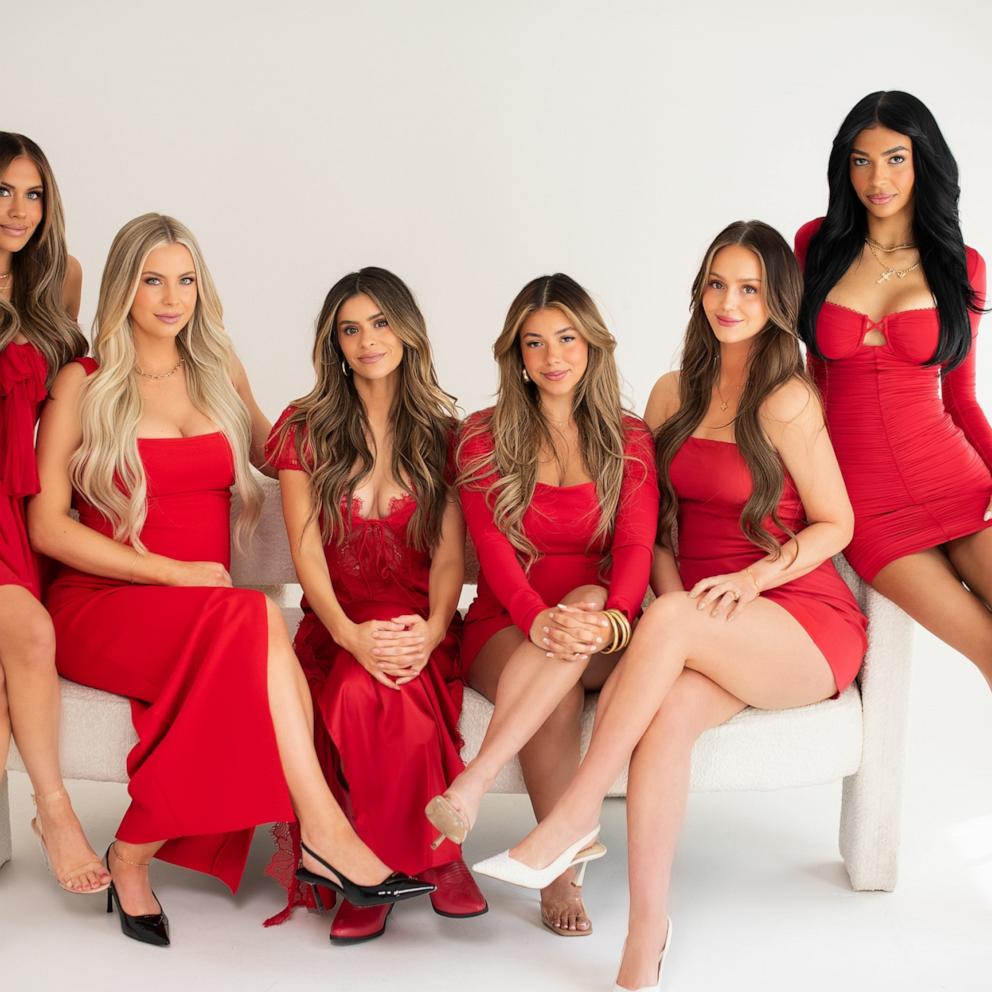Retired soccer star Abby Wambach says women can be grateful and still make demands

Abby Wambach delivered a powerful call to action last year for women to demand equality and celebrate success, a point she drives home in her new book, "Wolfpack," that flips the script on what we learn from a young age in fairy tales like "Little Red Riding Hood."
"If I could go back and tell my younger self anything it would be, 'Abby, you were never Little Red Riding Hood. You were always the wolf,'" she said Tuesday on "GMA."
"It's trying to flip the fairy tale on its head. Little girls and boys are given messages when we're young and growing up of what it means to be a girl and what it means to be a boy," she said. "'Little Red Riding Hood' is one of those very common fairy tales we all hear, and for me the most success that I've ever gotten has only been when I've ventured off the path and took risks."
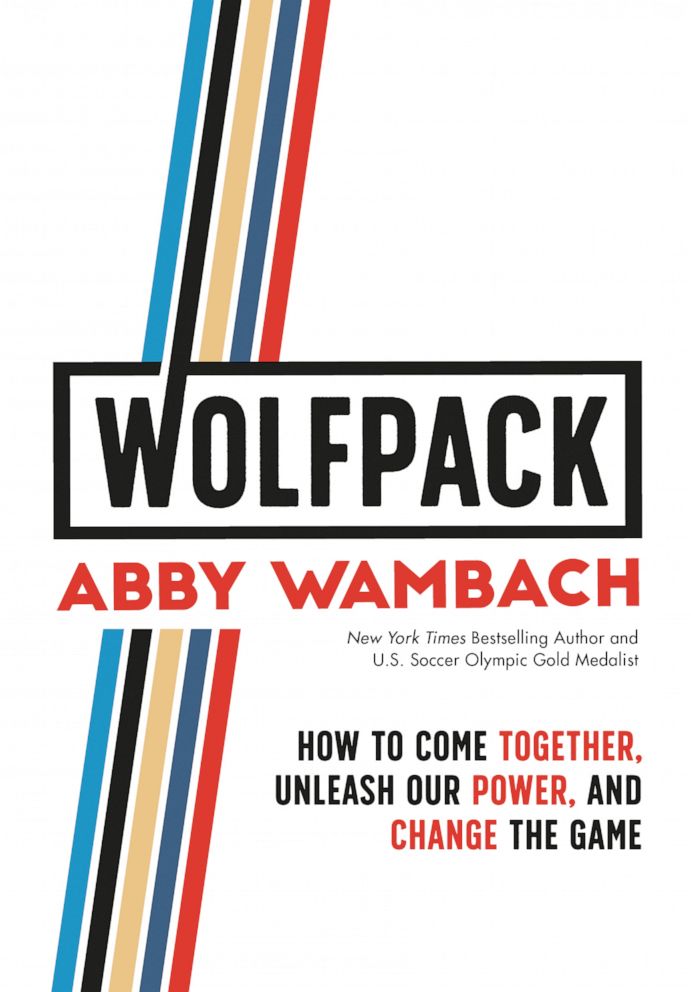
Last May, the two-time Olympic gold medalist called upon the graduating class of 2018 at Barnard College to "claim the success of one woman as a collective success for all women." Those powerful words inspired her to write this new book.
"The beautiful thing," Wambach said, "is that speech got turned into this beautiful book that I'm so proud of -- I'm so excited the world gets to see it now."
I realized we were walking into very different retirements, and anger started to bubble up towards the top, because the only emotion that women oftentimes are allowed to feel is this idea of gratitude.
She explained that one of the central messages in "Wolfpack" is that gratefulness can hold women back.
"I try to tell women -- you can be grateful and also demand what you want," she said.
Wambach, 38, recalled an event where she was honored alongside fellow legendary athletes Kobe Bryant and Peyton Manning.
"I felt this overwhelming sense of gratitude, and when we turned to walk off stage, I realized we were walking into very different retirements, and anger started to bubble up towards the top, because the only emotion that women oftentimes are allowed to feel is this idea of gratitude," she said. "For me, that moment kind of led me down the path of figuring out what it was I wanted to do for the rest of my life. It's fight for equality, and not just in my sport, but for women everywhere in every industry," the retired U.S. soccer star said.

Wambach said she made a point in her book's note to the reader "for men to be a part of this process" to empower women.
"What better way to teach your daughters, to teach your sons about what it means to be a woman, than by reading content that's been created for women by women," Wambach posited. "Also this is an invitation for men to step into understanding what women have been going through for time immemorial."
Wambach, a profound activist for gender equality, also celebrated the current movement by the U.S. Women's National Soccer Team as they fight for equal pay.
What better way to teach your daughters, to teach your sons about what it means to be a woman, than by reading content that's been created for women by women.
"The big argument that I hear," Wambach said of the lawsuit that blasts the governing body for paying the men's team more and offering them more institutional support, "is that the men's team brings in more money than the women's team and at the end of the day that's why the men's team should make more money."
"Well the truth is, in 2015 the women's team brought in $6.6 million and the men's team brought in only $2 [million]," she said. "That's just evidence that it's a discrimination case."
Wambach said she knows it can be difficult for current players to be openly vocal about the issue.
"I want to be able to say the things that I can say -- I'm proud of them and they're pushing the game forward," she said.
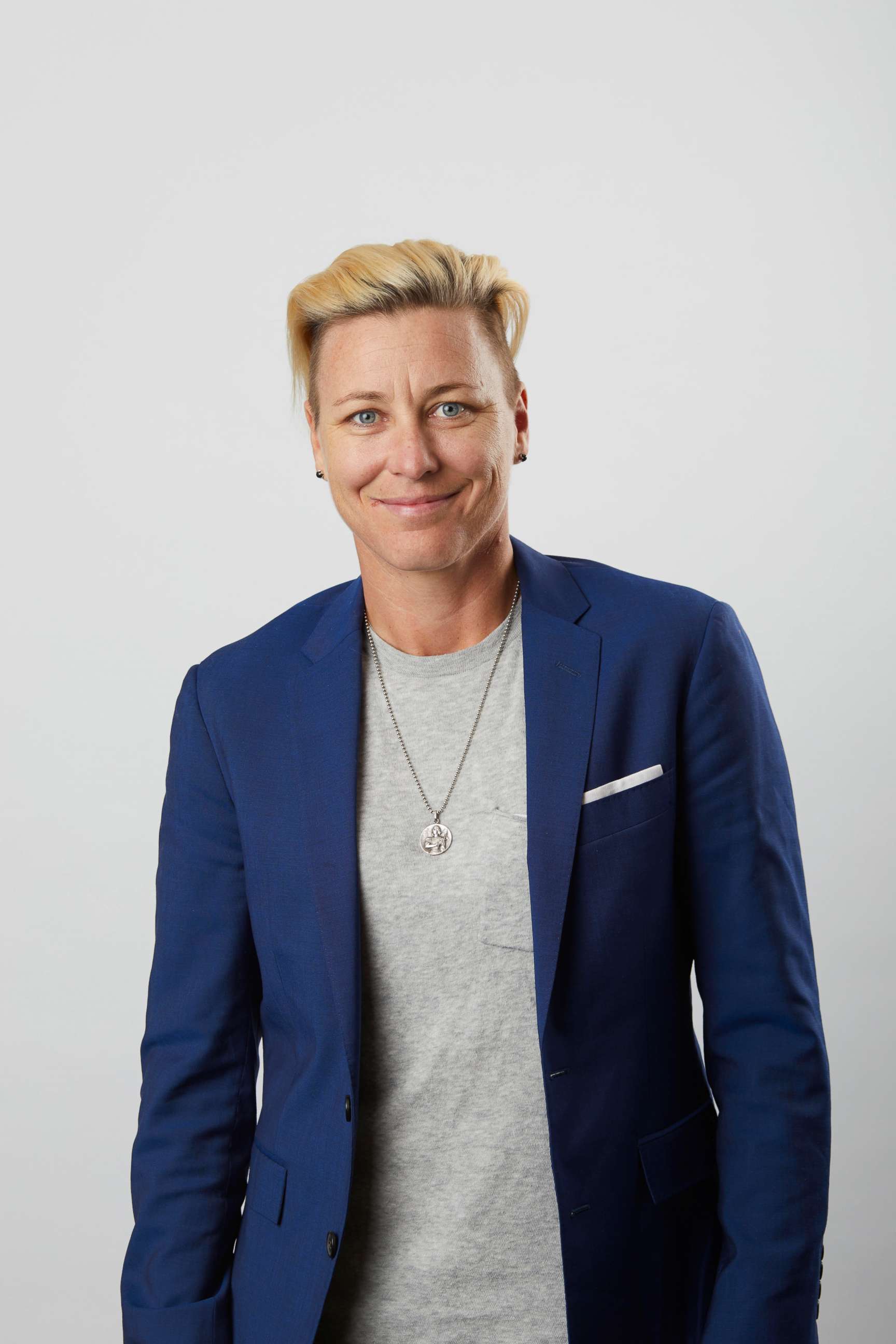
Her time as a member of that star team and "beautiful ecosystem" taught her an invaluable lesson that also inspired the title of this book.
"They were still learned skills. They were things that I witnessed and I saw other people do and try to impart that into my life," she said. "I have to create my own wolfpack to make those kind of things that are essential in life, to feel less like suffering."
She continued, "I wrote this book, so that women everywhere have a place to go, something to look at, a playbook to carry with them throughout their day, and to give them the invitation to create the wolfpack, that I know I needed to be successful."

